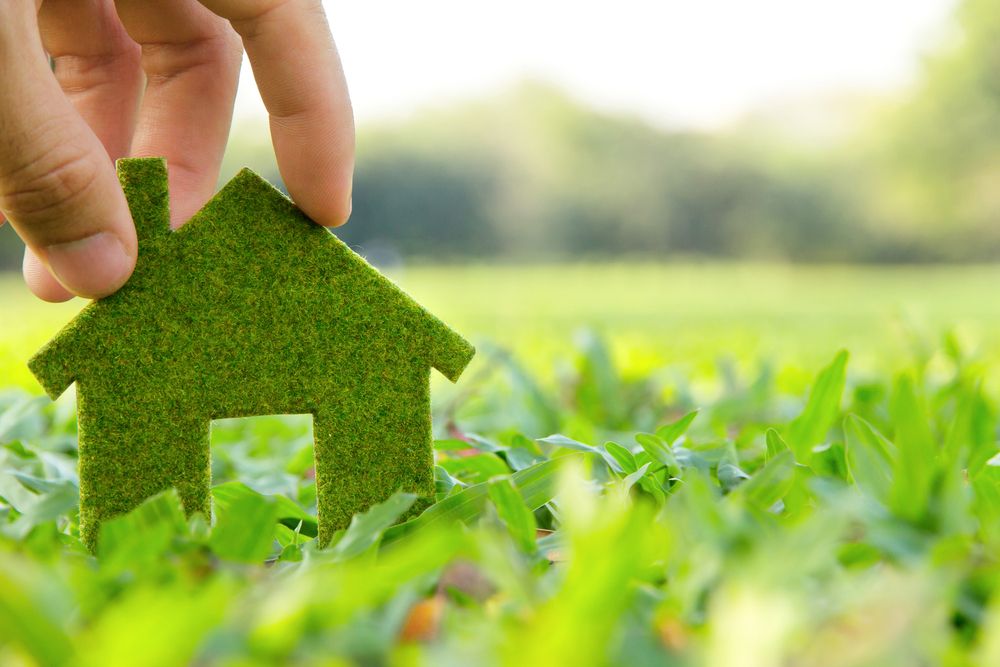
The quest for sustainability has transcended the realm of personal lifestyle choices and has firmly taken root in the housing market. Eco-friendly homes, or green homes, are no longer a niche market for the few; they are a growing trend for the many who wish to reduce their carbon footprint and live in healthier environments. If you’re contemplating making the leap into eco-friendly living, understanding how to identify and purchase a green home is crucial. This guide will walk you through the process and help demystify what makes a home truly green.
Understanding Green Home Certifications
When embarking on your journey to find an eco-friendly home, the first step is to familiarize yourself with green home certifications. These certifications are awarded by various organizations to homes that meet specific environmental standards. One of the most well-known certifications in the United States is the Leadership in Energy and Environmental Design (LEED), administered by the U.S. Green Building Council. LEED-certified homes are rated on a tiered system based on their design, construction, operation, and maintenance.
Another certification to look out for is the ENERGY STAR label, which indicates that a home meets energy efficiency guidelines set by the U.S. Environmental Protection Agency. Additionally, the National Green Building Standard (NGBS) offers a flexible, rigorous certification process focusing on sustainable design, construction, and operation.
While certifications are a helpful starting point, they are not the only way to gauge a home’s green credentials. Some homes may incorporate eco-friendly practices without official certification, so it’s essential to look beyond labels and understand the specific features that contribute to a home’s sustainability.
Key Features of an Eco-Friendly Home
Beyond certifications, there are several key features you should examine when identifying an eco-friendly home. Energy efficiency is paramount, so look for well-insulated walls, high-efficiency windows, energy-efficient appliances, and HVAC systems. Renewable energy sources, such as solar panels or geothermal systems, are also significant indicators of a green home.
Water conservation is another critical aspect. Look for homes with low-flow fixtures, dual-flush toilets, and if possible, greywater recycling systems that reuse water for irrigation or toilets. Sustainable building materials, such as rapidly renewable wood, recycled content, and non-toxic paints and finishes, contribute to a home’s eco-friendliness and indoor air quality.
Lastly, consider the home’s design and landscaping. Passive solar design, which takes advantage of the sun’s natural warmth and light, can significantly reduce energy consumption. Native landscaping that requires less water and maintenance is another green feature that can enhance the sustainability of a home.
Evaluating the Location and Community
The location of a home plays a significant role in its environmental impact. When searching for green homes, consider the community’s sustainability initiatives. Is the home located in a walkable neighborhood with access to public transportation, reducing the need for car travel? Are there community gardens, recycling programs, and other green amenities available?
The surrounding environment also matters. Homes built in areas with natural shading from trees or those that utilize the landscape to protect against harsh weather can be more energy-efficient. Additionally, consider the impact of the home’s construction on the local ecosystem. Eco-friendly homes should strive to minimize disruption to the natural environment and support local biodiversity.
The Financial Benefits of Green Homes
Investing in an eco-friendly home isn’t just a boon for the environment—it can also be financially advantageous. Green homes often come with lower utility bills due to their energy and water efficiency. Moreover, many governments offer tax incentives, rebates, and other financial benefits for purchasing or upgrading to a green home.
Green homes can also have a higher resale value. As more buyers become environmentally conscious, the demand for eco-friendly homes is rising. This trend can result in green homes selling faster and at a premium compared to conventional homes, making them a wise investment for the future.
When considering financing, look for green mortgages or energy-efficient mortgages (EEMs) that provide additional benefits for purchasing energy-efficient homes or for financing green renovations.
Making Your Green Home Purchase
Once you’ve identified a green home that fits your criteria, the purchasing process is similar to buying any other home, but with some additional considerations. It’s wise to work with a real estate agent who has experience with eco-friendly homes. They can help navigate the market and understand the value of green features.
During the inspection process, consider hiring an inspector with expertise in green homes to ensure that all systems are functioning correctly and that the home truly meets eco-friendly standards. And don’t forget to inquire about any existing warranties on green technologies, such as solar panels, which can be transferred to you as the new owner.
Buying an eco-friendly home is a significant step towards a more sustainable lifestyle. By understanding green certifications, recognizing essential eco-friendly features, considering location and community, acknowledging financial benefits, and preparing for the purchase process, you can make an informed decision that benefits both the planet and your wellbeing. Happy house hunting, and may your new green home be a haven of sustainability and comfort for years to come!
